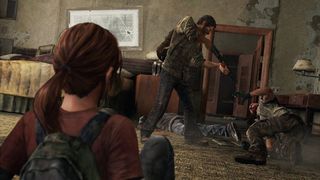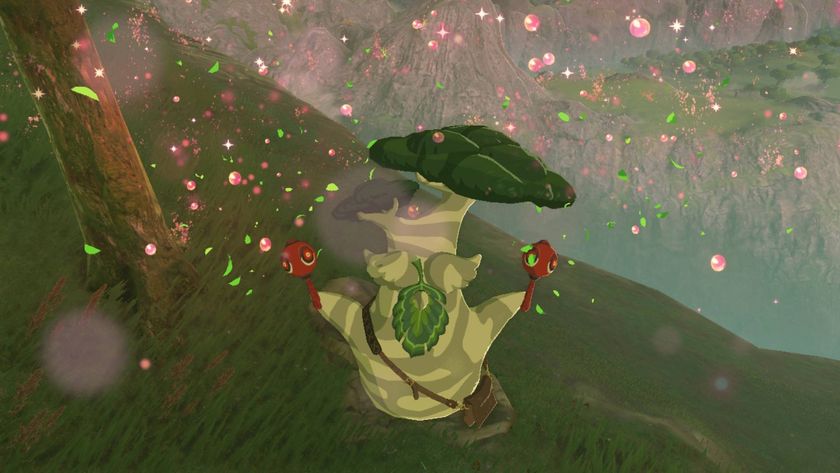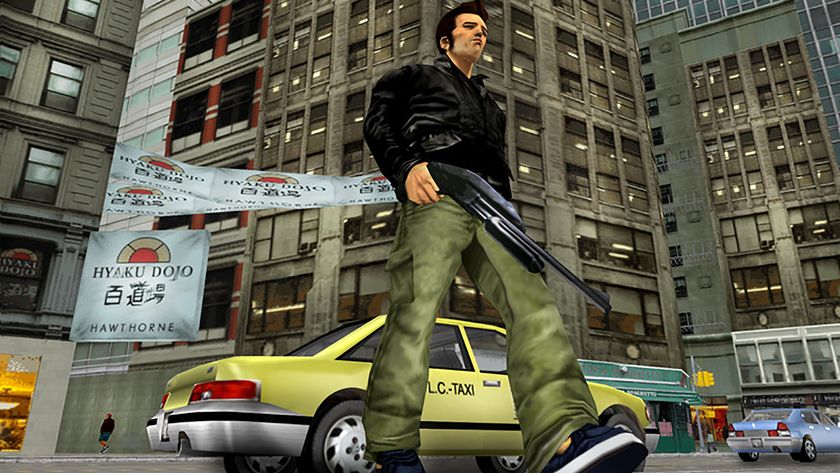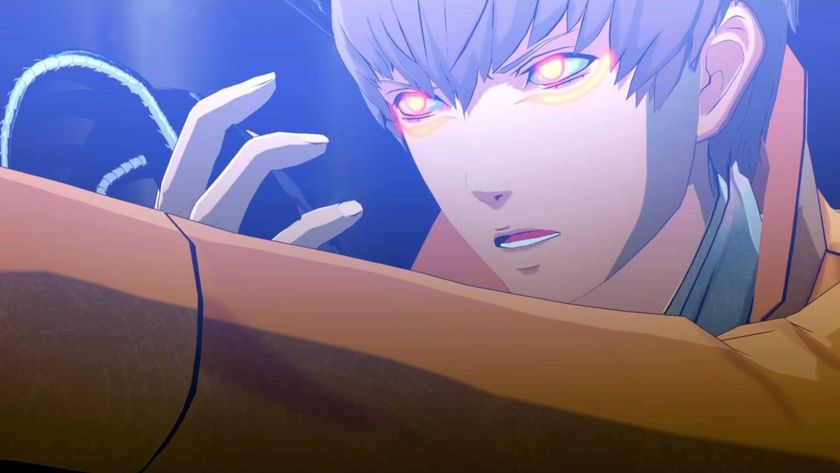Im a little tired of being a murderer
The amount of blood on my hands is getting to be a problem
As the medium of gaming grows, developers want to tell increasingly mature stories, the kind of narratives that could rival a great film or novel. Games like BioShock Infinite and The Last of Us created gorgeous worlds that immerse players in emotional journeys that put the protagonists through a series of dramatic revelations and personal transformations. Both those releases pushed the envelope on video game storytelling, taking the medium in the type of new directions I’m excited to play. But those particular games also task players with killing literally hundreds of people, and it’s really starting to wear me down.

Take BioShock Infinite. As I was contemplating the weighty topics of choice vs. predestination and the dark paths down which American exceptionalism can take society, I was killing small armies of people. I was shooting them, snapping their necks, and electrocuting them until their heads popped off their bodies. I know lead character Booker DeWitt is a mentally scarred former soldier that’s desperate to complete his goal, but there comes point where the sheer number of people he kills borders on genocide. Just how many people live in the exclusive, floating city of Columbia? A few thousand? If so, Booker kills about a quarter of them.
The Last of Us, another game that earned many accolades, actually made me feel more guilty for creating an unavoidably high death toll than Infinite. It’s true that the core principle of the main character, Joel, is survival at all costs, and he lives in a hopeless world. As I played the satisfying title, all the bloodshed felt necessary for saving people (or at least completing a stage), but at the end I saw my kill stats for the entire game and felt otherwise. Over 700 people had died at my hands.

In the world of The Last of Us, a viral apocalypse has wiped out society, save for small, militarized patches of humanity and gangs of survivors. Who knows how many people are left on Earth? A couple of million? And Joel killed 700 of them. The Last of Us has brutal violence that’s certainly justified in the moment; but the gameplay depends so heavily on those many moments that by the conclusion, one man and the young girl he’s protecting have massacred a small town’s worth of people. It really makes it hard to identify with characters like that.
And those two games are hardly alone. In 2013, Tomb Raider, Metal Gear Rising: Revengeance, and Remember Me all attempt (with varying degrees of success) to tell deeper, mature stories, and they’re all held back by the sheer number of in-game corpses. Compare the statistics of those titles (or some high-ranking titles on our list of the best games ever) to recent, purposefully gory films like Django Unchained, an Oscar-winning movie that stars bounty hunters. According to Vanity Fair, 64 people die in that film, 50 of which you could probably attribute to Django himself. The heroes of Red Dead Redemption and Uncharted can top that in a single mission. How relatable can any of gaming’s stars be when they can nonchalantly outdo the death toll of some major disasters and war criminals?

And it’s not just the volume of the kills that’s wearying; it’s the hoops the writers jump through to make it all seem justified. Those soldiers were shooting at you with orders to kill, so it’s only logical to return fire in self-defense. That unwitting thug you stabbed in the neck would surely shoot you on sight, so you had to kill him to protect yourself. Those men chasing you are cannibalistic sociopaths that have tortured so many people that they must be stopped. Eventually it just feels like a pile of empty excuses to cover a protagonist's own murderous rage. Too many games work too hard to remove guilt from the player, and it ends up cheapening the choice to kill even more than the repetitive nature of the mass executions.
There have been great games that don’t cheapen death. Portal has a darkly comic tone, but try to recall the protagonist actually taking a life. The Arkham games make it very clear that Batman never kills anyone (even if he is sending them to the ICU in droves). Characters like those prove mature campaigns can exist without having to shoot 200 ninjas in the head.
Sign up to the 12DOVE Newsletter
Weekly digests, tales from the communities you love, and more

Sure, it can be really fun to shoot 200 ninjas in the head, but it’s hard to write believable characters around that much bloodshed. Too often gamemakers settle for creating drama by backing players into a corner where murder is the only option. BioShock Infinite and The Last of Us are groundbreaking in so many wonderful ways, and that makes it more tragic that they continually choose to punctuate their drama by sending multiple waves of enemies at the player to kill as fast as they can. Eventually it destroys the fragile grip the game has on player immersion, and it’s near impossible to get that back once it’s gone.
You know that kid at parties who talks too much? Drink in hand, way too enthusiastic, ponderously well-educated in topics no one in their right mind should know about? Loud? Well, that kid’s occasionally us. GR Editorials is a semi-regular feature where we share our informed insights on the news at hand. Sharp, funny, and finger-on-the-pulse, it’s the information you need to know even when you don’t know you need it.
Henry Gilbert is a former 12DOVE Editor, having spent seven years at the site helping to navigate our readers through the PS3 and Xbox 360 generation. Henry is now following another passion of his besides video games, working as the producer and podcast cohost of the popular Talking Simpsons and What a Cartoon podcasts.













